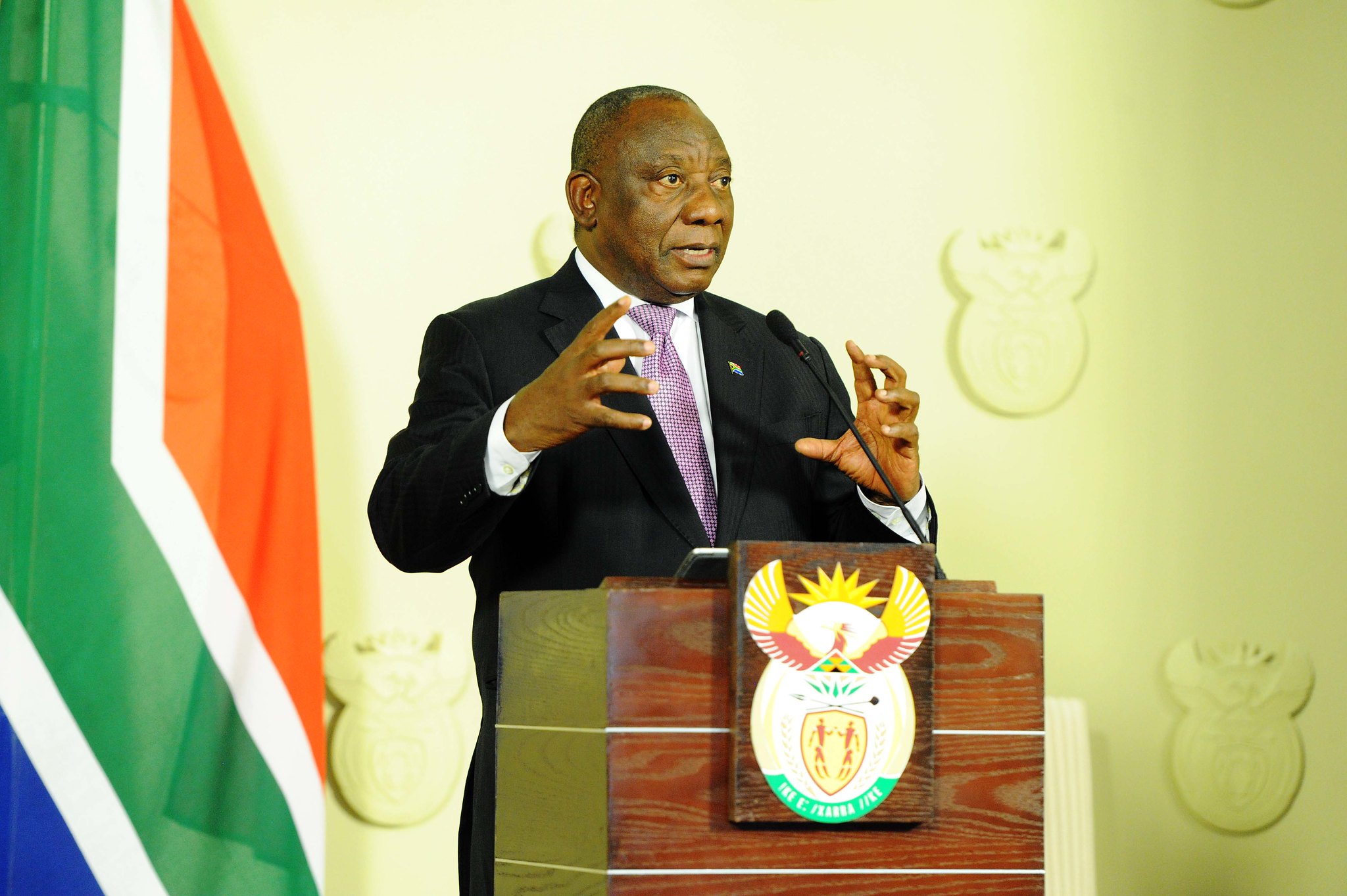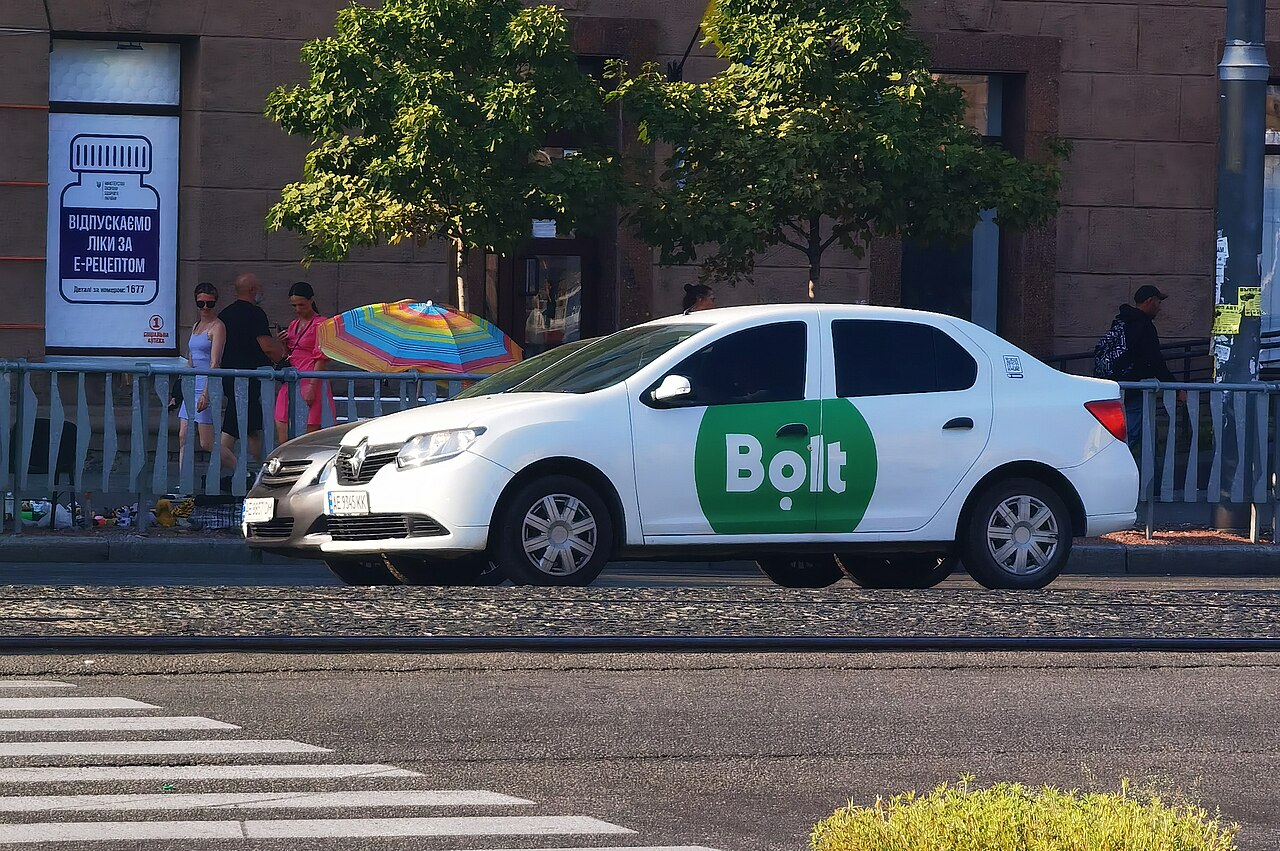The Government of National Unity (GNU) has been experiencing friction and conflicts, leaving the public in a state of uncertainty following recent events that highlight the deepening tensions between the ANC and DA.
The dismissal of DA deputy minister Andrew Whitfield, a 48-hour ultimatum to President Cyril Ramaphosa to fire corruption-accused ANC ministers, and the DA’s withdrawal from the National Dialogue, along with threats of a motion of no confidence against President Cyril Ramaphosa, have some people wondering about the stability of the GNU.
explain spoke to Professor Steven Friedman, a research professor at the University of Johannesburg’s School of Politics, to explain the root cause of the ANC-DA tensions, analyse the shaky foundations of the GNU, and assess whether this coalition is built to last.
Is the friction between the ANC and DA caused by differing ideologies, or are they competing for power?
These two parties represent very different groups with different views on what is acceptable in government. Even though they’ve agreed to govern together, many within both parties don’t believe they should be doing so.
Based on my perspective, the DA has a reason to stay in this arrangement because it promised its supporters that it would do everything possible to keep the EFF and MK Party out of government. That’s why it agreed to work with the ANC. However, this doesn’t mean that the ANC and DA wanted to govern together.
It’s a coalition filled with conflict, but one that must remain intact. If it falls apart, the outcome would be worse for both parties.
Is the Government of National Unity (GNU) truly serving its purpose?
The first thing to understand is that although it’s referred to as the Government of National Unity, it’s not a true GNU. A GNU usually comes into play when political parties decide that the country is facing a crisis, and they choose to put aside their differences to govern together. That’s not what happened here, in South Africa. The current GNU was not formed because of a shared vision or to solve a crisis. It came about simply because no single party won a majority in the elections.
To pass laws and a budget, a majority in Parliament was needed, and the only option was a coalition that included both the ANC and the DA.
In reality, it’s a coalition built out of necessity. Other possibilities, such as an ANC-EFF coalition, wouldn’t have had enough seats unless smaller parties were included, giving those smaller parties power. The ANC also couldn’t partner with the MK Party, which is essentially a breakaway ANC faction, making co-governance impossible.
So, while it’s called a GNU, what we have is a coalition between the ANC and DA that only exists because there were no better options.
What do recent actions by the DA reveal about the internal dynamics of the GNU?
The DA and ANC were very reluctant to work together. They signed an agreement but never actually agreed on what it meant. While they agreed to share some cabinet posts, they never sat down to ask, “How are we going to govern together, and how is this going to work?” That’s where the problem lies, and so far, it seems they still haven’t done that.
In situations like the passing of the budget or the removal of a deputy minister, it becomes clear that they don’t communicate. It leaves you wondering what actually happens at cabinet meetings.
In your opinion, will the GNU survive if the tension between the DA and ANC persists, or will the coalition need to change?
It will survive. Whenever there’s speculation about the coalition breaking up, you always have to ask: how would we be governed if that happens? I believe it will continue not because the parties want to work together, but because neither of them has a better alternative.
As the GNU has ongoing disputes between the ANC and DA, one thing is clear: Despite threats, neither party appears ready to walk away. They need each other to maintain a governing majority, even if they don’t see eye to eye. As tensions simmer, South Africa’s experiment in larger coalition governance faces its toughest test yet.
Lona is a recent graduate with an Honours degree in Journalism and Media Studies from Wits University. Passionate about storytelling, she is eager to learn, grow, and hone her writing skills.




